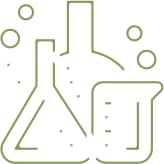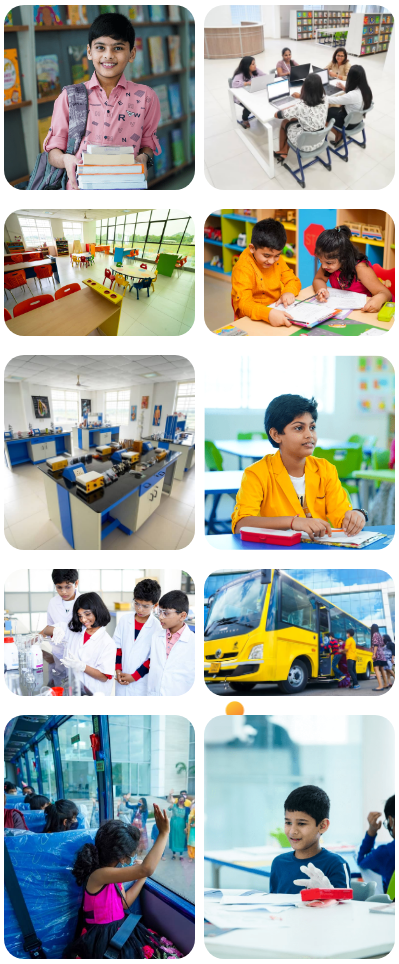Skill Stork International School
• IB Continuum • Cambridge • CBSE
Skill Stork International School is a leading international school in Warangal, Telangana, offering IB, Cambridge, and CBSE curricula from Early Years to Grade XII under one unified academic ecosystem.
Recognised for academic excellence and innovative teaching pedagogy, Skill Stork has been consistently ranked No.1 International School in Warangal for five consecutive years and among the top schools in Telangana and India, as acknowledged by Education World and Education Today.
Our approach focuses on nurturing independent thinkers, problem-solvers, confident communicators, and globally aware learners, while allowing parents the flexibility to choose the curriculum pathway best suited to their child’s learning style and future aspirations.
Admissions Open for Academic Year 2026–27
Begin Your Child’s Learning Journey at Skill Stork
What Skill Stork Offers Your Child
15-acre Lavish campus
AR & VR enabled learning

Tinkering Lab

Fully-equipped laboratories

Interactive classrooms

Safe transportation facility

World-Class Infrastructure

Massive sporting facilities
IB, Cambridge, & CBSE curricula
15-acre Lavish campus
AR & VR enabled learning

Tinkering Lab

Fully-equipped laboratories

Interactive classrooms

Safe transportation facility

World-Class Infrastructure

Massive sporting facilities
IB, Cambridge, & CBSE curricula

About Skill Stork International School
Skill Stork International School is part of the esteemed SVS Group of Institutions, bringing over 39 years of legacy in education and having impacted the learning journeys of 1,00,000+ students.
Built on strong values and a commitment to holistic development, Skill Stork nurtures well-rounded learners through academic excellence, global curricula, innovative teaching pedagogies and future-ready skills. Today, the school proudly serves a growing community of 1,500+ students.
What Parents Say About Skill Stork
Hear directly from parents about their experiences, trust, and journey with Skill Stork International School.
